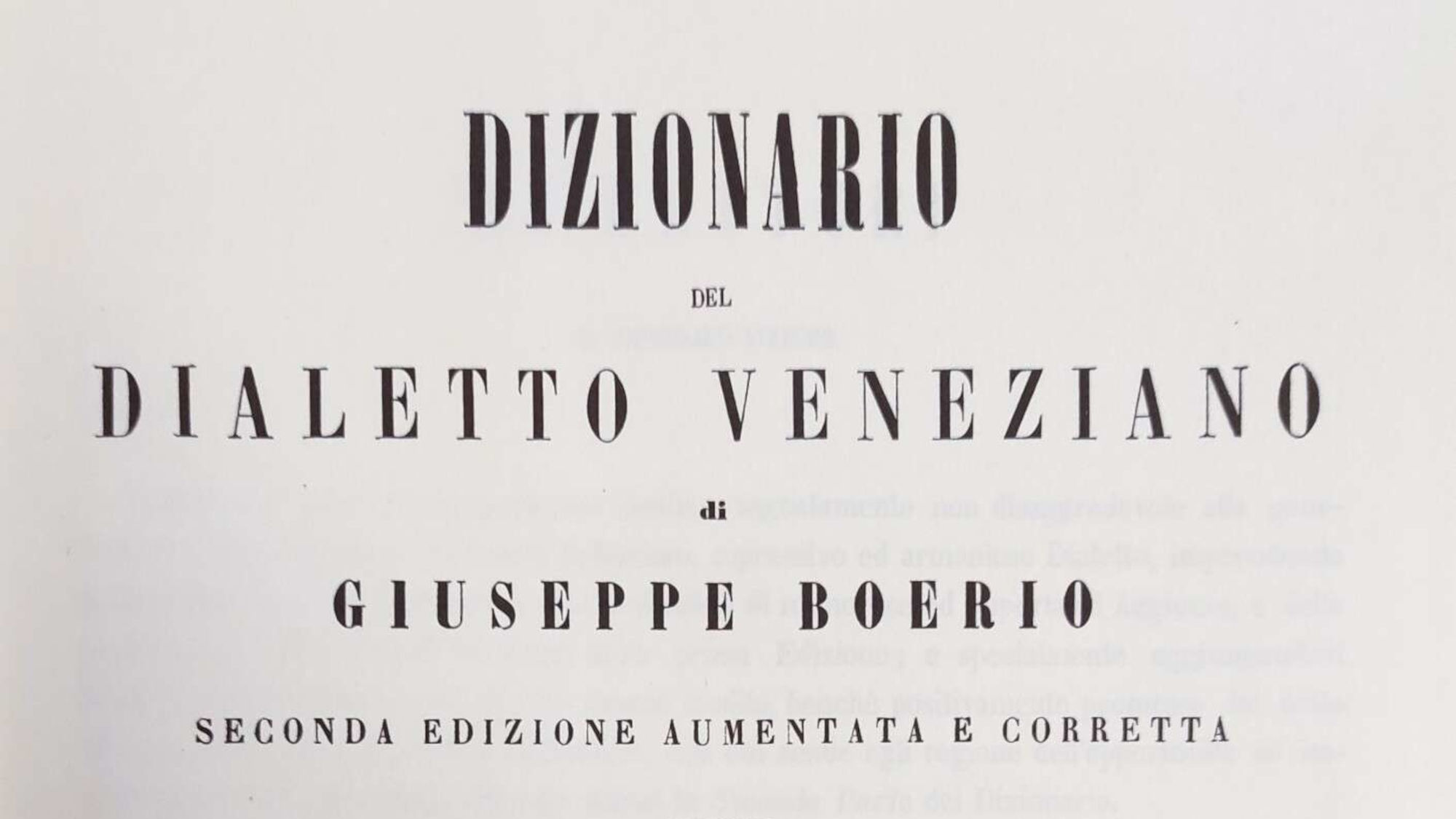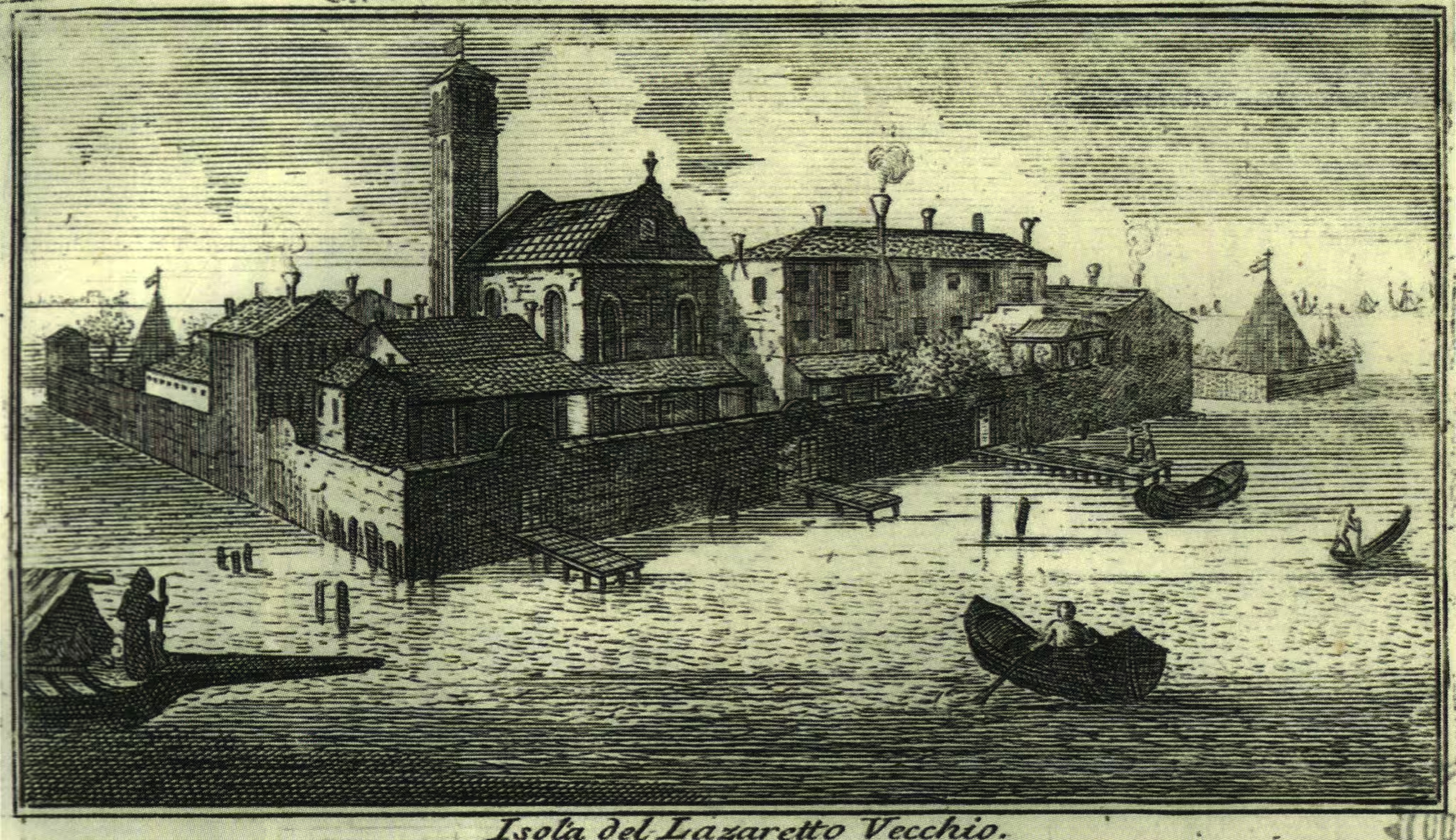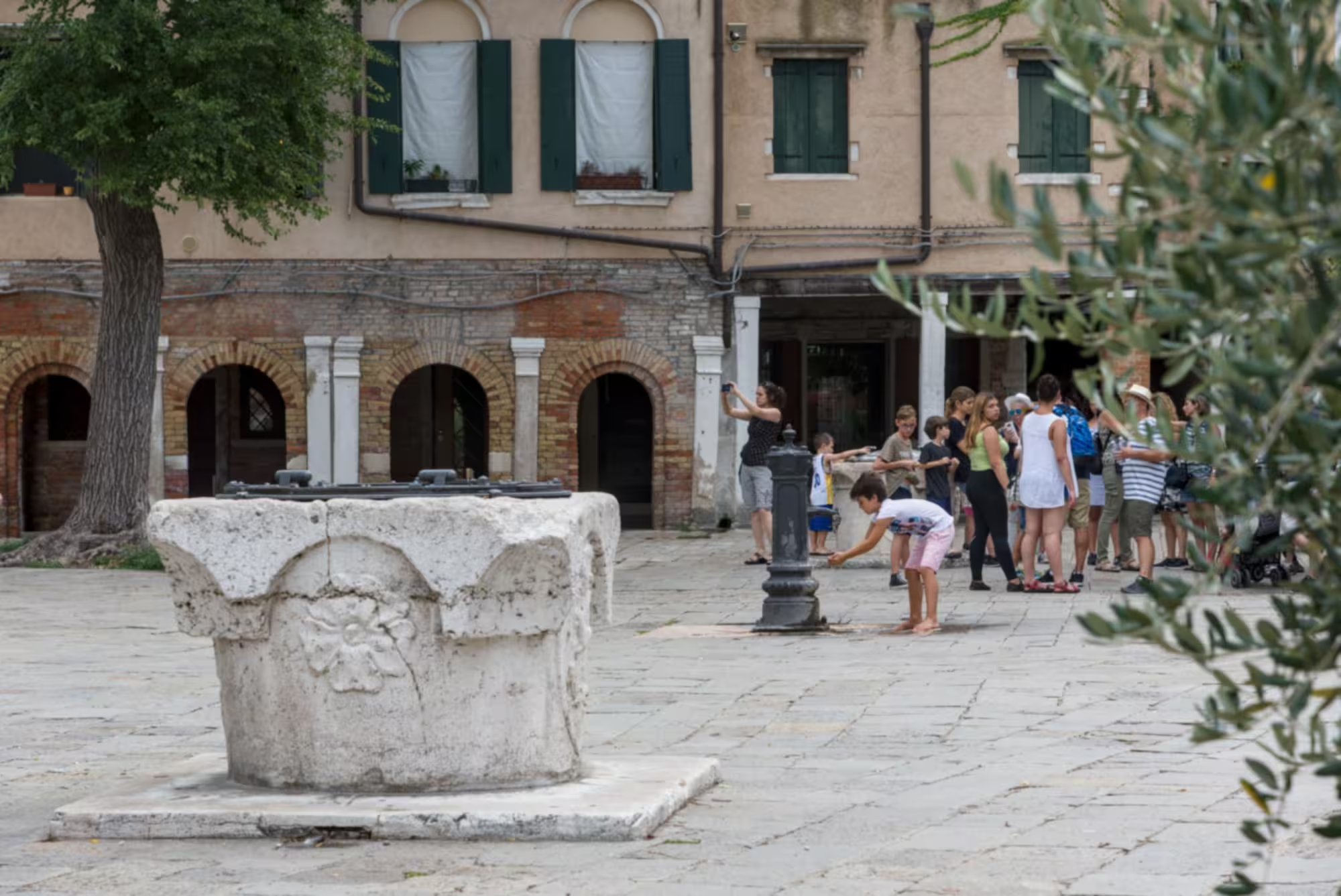Carampane
Giuseppe Boerio (1754-1832) published his Dizionario del Dialetto Veneziano (Dictionary of the Venetian Dialect) in 1829 (2nd ed. 1856, 3rd ed. 1867). It is an invaluable tool for anybody who reads texts from the time of the Republic of Venice.
CARAMPANE, almost CA or CASA RAMPANI, is the name given to a long and narrow alleyway, and to a courtyard located at the end of Calle de’ Bottai, in the parish of S. Cassiano, whose buildings belonged to the ancient patrician Rampani family, from which they took their name. Once this rich family died out in 1319, and those places passed into the possession of others, they were assigned in 1421, also with the consent of the Government, to public prostitutes, as a site remote from the churches and less scandalous.
Therefore CARAMPANA is also said nowadays for a female of bad character, for a woman who should live in Carampane; and OLD CARAMPANA out of contempt for her, mocking her as a pimp.
Italian original
CARAMPANE, quasi CA o CASA RAMPANI, è il nome che dassi ad una Calle lunga e stretta, e ad una Corte poste al fine della Calle de’ Bottai, in parrocchia di S. Cassiano, i cui stabili appartenevano all’antica famiglia patrizia Rampani, donde presero il nome. Estinta questa ricca famiglia nel 1319 e passati que’ luoghi in possesso altrui, furono nel 1421, assegnati, anche con assenso del Governo, alle pubbliche meretrici, come sito rimoto dalle Chiese e meno scandaloso.
Quindi CARAMPANA dicesi anche a’ giorni nostri per agg. a Femmina di mal costume per Donna che avesse abitato in Carampane; e VECHIA CARAMPANA per disprezzo Donna, motteggiandola per ruffiana.
Related articles
- Prostitution in Venice
- Carampane — Lessico Veneto
- Carampane — Curiosità Veneziane
- Meretrici — Lessico Veneto





Leave a Reply